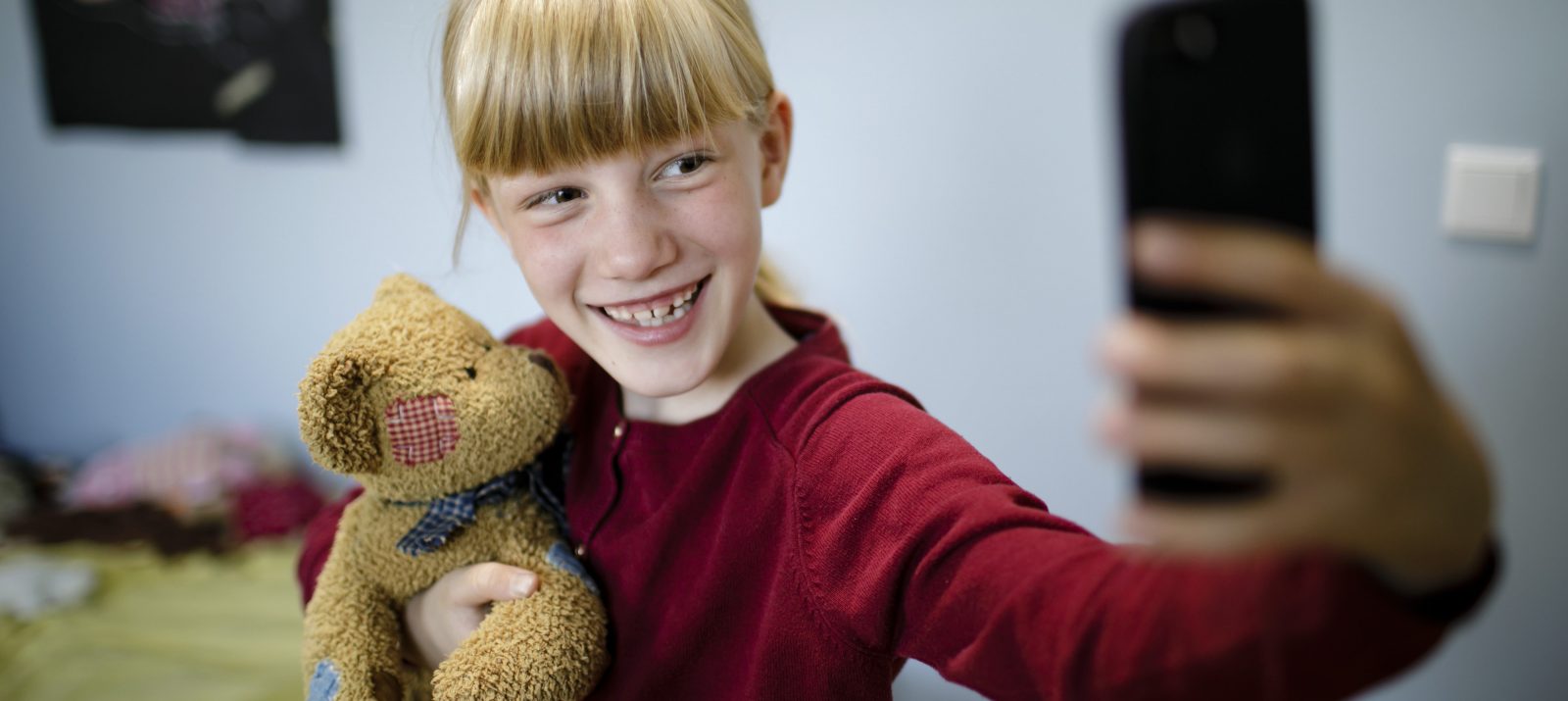
One of the most important YouTubers in Germany is only nine years old (February 2019) and her name is Miley. Their videos are about toys, everyday family life and much more. More than 600,000 people have subscribed to the channel, where new videos are published every week.
Besides Miley, there are other similarly successful young female influencers who also market themselves on platforms like Instagram or TikTok. Their channels are called “Everything Ava”, “The Toy Testers” or “Ilia’s World”. They have in common that the whole family is involved. As with other influencers, products are often presented and money is earned with them. Miley’s parents even quit their jobs to devote time to their shared YouTube channels. Because there is a lot of work involved.
As you can see from the click numbers and the comments under the videos, there are many people who like to watch the videos of the so-called mini-influencers. Since it is about toys and life in the family, children and their parents feel especially addressed. Viewers use the comment function to get in touch with the YouTubers.
What sounds harmless at first is critical, especially when it comes to protecting the involved children and their rights.
These family channels often feature people trying out products or filming children unwrapping the latest toy. The scope of what they do in the videos cannot even be assessed by them yet. The children become advertising media. Most of the time, it’s the parents who started the videos and get their kids involved. From an educational point of view, it can be assumed that children often even enjoy this because it gives them a lot of attention and makes their parents proud of them.
The young YouTubers spend a lot of their free time making new videos in order to stay hot and earn money. Since in some cases the whole family lives on it, they are therefore also under emotional pressure to keep it that way. Such children probably have little time for their peers. In addition, everything that happens in the family becomes public. This becomes a concern when children have little opportunity to withdraw and experience privacy.
However, children have a right to privacy and free time. Since they are very young, they cannot yet assess what is happening to them. From a very early age, their lives are made public, which they may not like as they get older. Therefore, the personal rights that every child has are also affected by violations.
The phenomenon of child influencers is particularly problematic when the channels cross the threshold of child labor.
One speaks of Child labor, if children are too young for the work in question, or if the work is dangerous or exploitative. Work must also not prevent children from going to school or harm their development. You can find out more about child labor at UNICEF, the United Nations Children’s Fund.
The limits on child labor also apply on the Internet, even if their implementation in practice is a new challenge for the authorities. Some channels now cooperate with youth welfare offices, for example, and must comply with precise specifications.
If you enjoy watching such videos as a family, you should be aware that there are usually advertising interests behind them. Talk to your children about this and especially don’t let your younger children watch these videos alone.
If your children have the desire to make such videos themselves, you should convey to them that there is a lot of work behind it.
Of course, children have the right to communicate and be heard. They are also allowed to creatively implement their right to co-determination on online platforms. Designing media themselves enables children to contribute their own interests, topics and points of view and thus actively participate in the media world. If your child would like to actively use YouTube, you will find a few tips in the following article that may help you: My child wants to become a YouTuber – What now?
As a parent, you should keep both in mind. Make it a family project by shooting a video together one weekend – it’s a great way to balance such activities with a child-centered life. In our series Making Media Yourself, we have lots of ideas for doing this and explain how you can even learn something in the process.